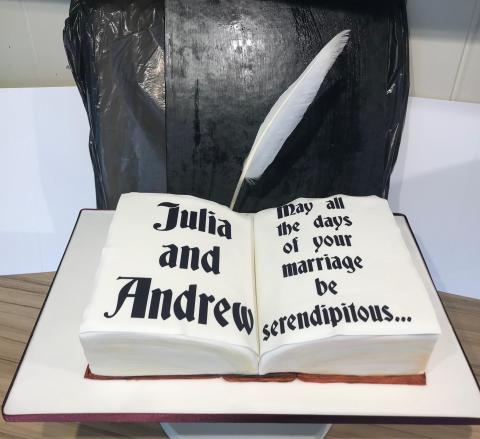Access intimacy and language
By ceburdickFebruary 3, 2019 - 15:14
Last week in class I was thinking about how phrases like "differently abled" and "physically challenged" work to dismiss the experiences of people with disabilities. I think they fail to acknowledge that the world is not constructed for people with disabilities and limit the types of disabilities that a person is addressing. Reading Mia Mingus's "Access Intimacy: The Missing Link" made me think further about how this type of language (and other types of language) from nondisabled people may affect the experiences of people with disabilities. I really related to Mingus's points as a disabled person and they made me think a lot about my relationships with others and how feeling a sense of access intimacy can completely redefine my relationship with someone.







